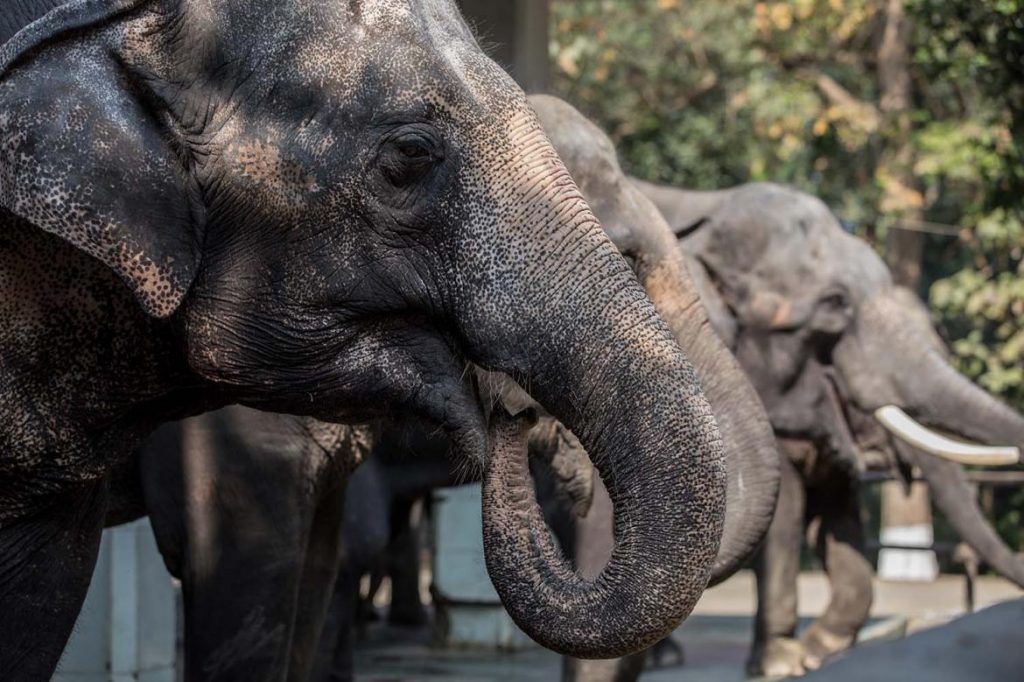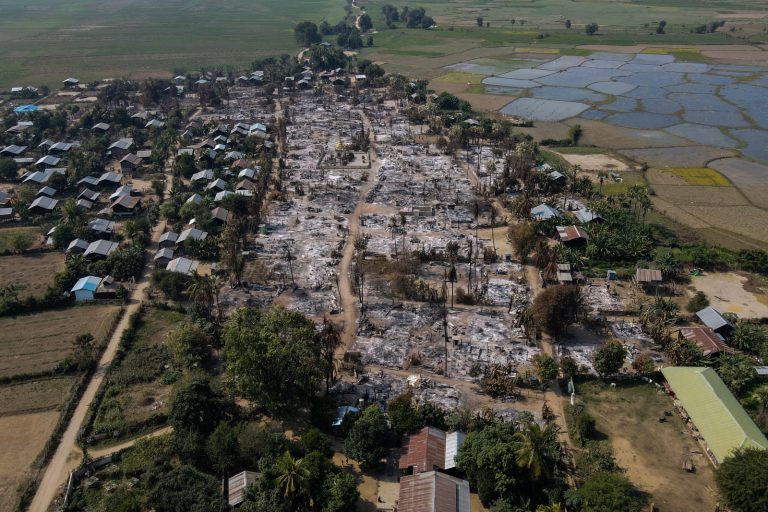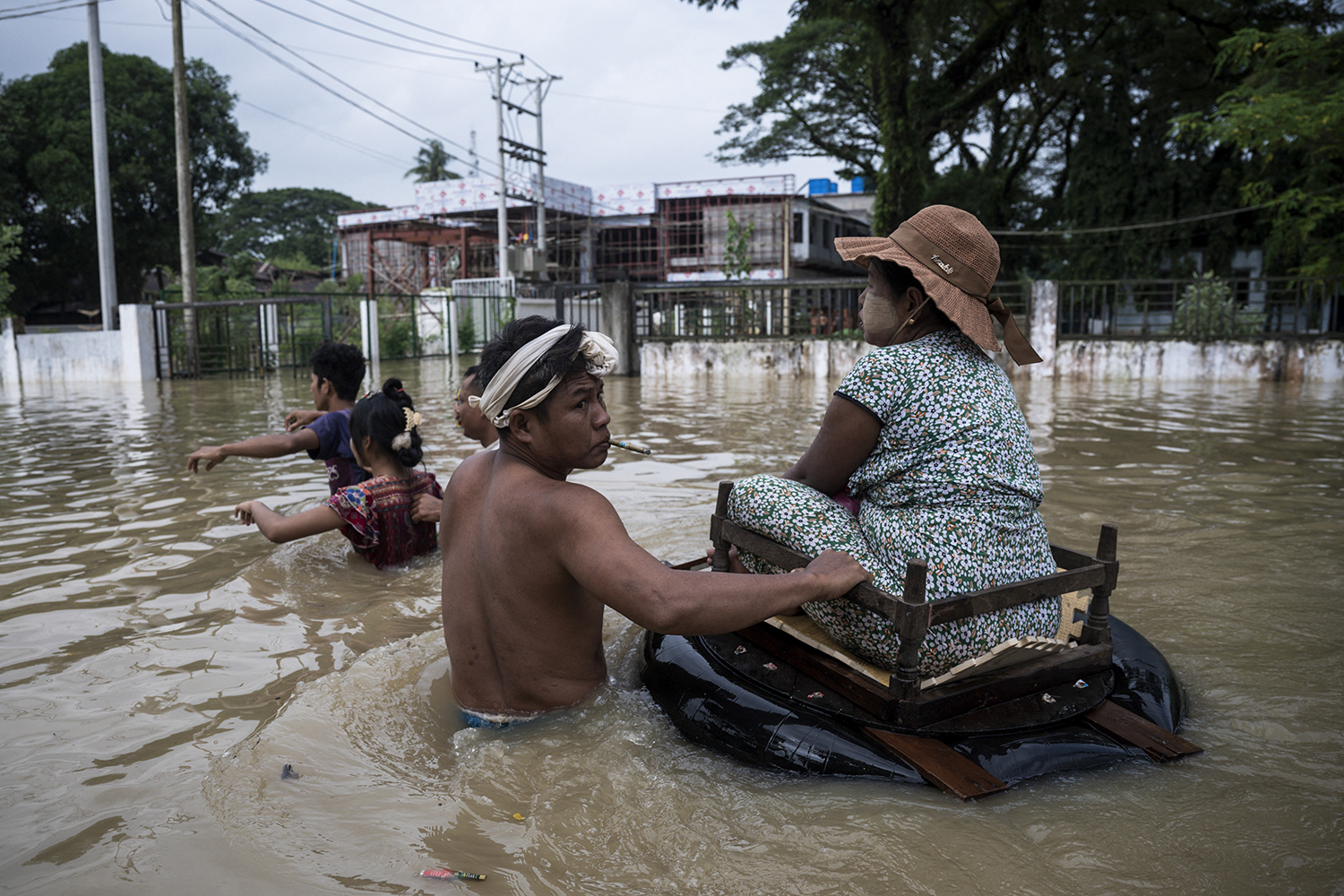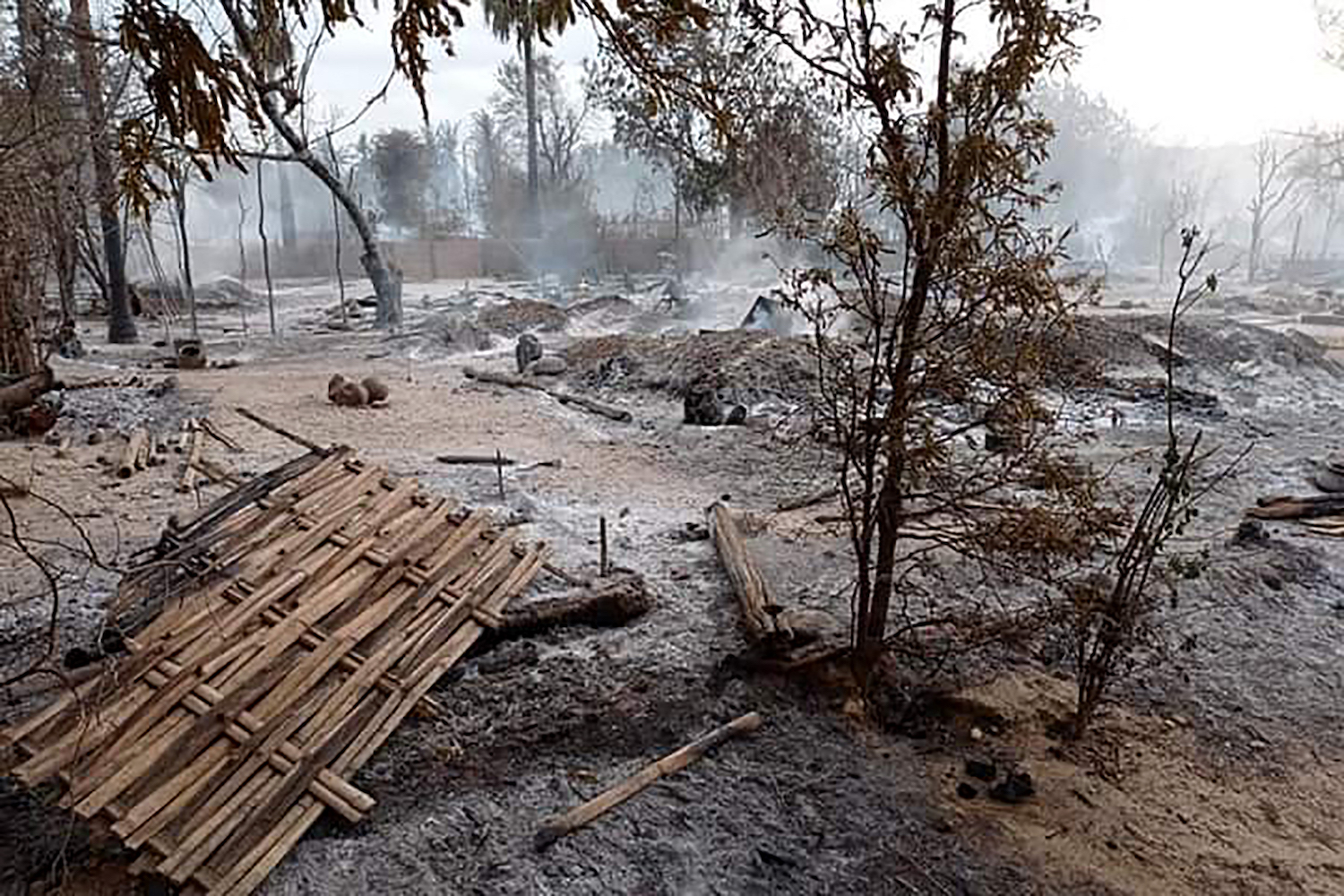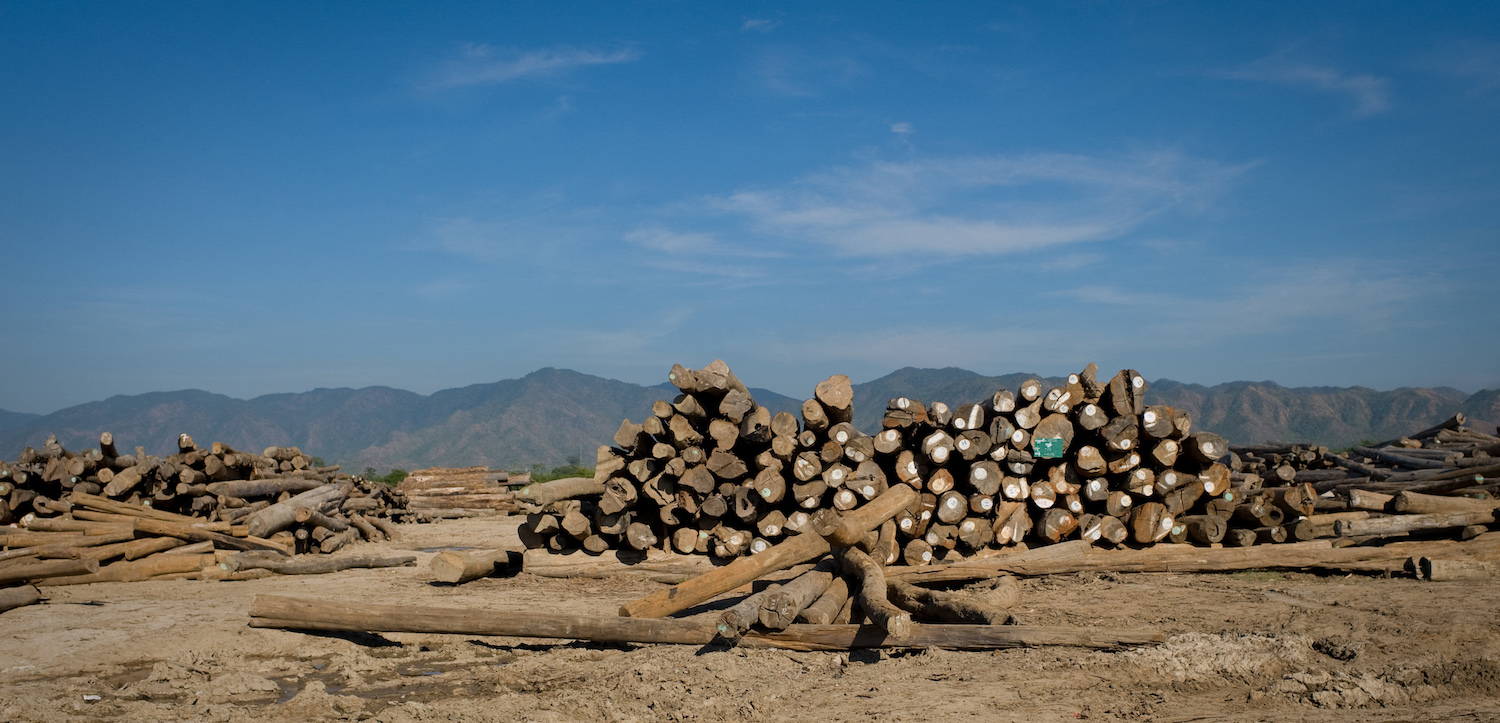By HEIN KO SOE | FRONTIER
KYAUKTAGA, BAGO REGION – Two animal rights NGOs have teamed up with the Myanmar government to open the first “private elephant lake” in the country, in Bago Region, about 170 kilometres (83 miles) from Yangon.
Elephant Lake, located at the Yenwe Forest Reserve in Kyauktaga Township is a collaboration between organisation Mingalar Myanmar, international animal charity Four Paws International, and the government’s Forestry Department, under the Ministry of Natural Resources and Environmental Conservation.
Initially located on 20 hectares (50 acres) of land owned by the forestry department, it will initially house six elephants, but eventually plans to welcome 3,000 elephants on 17,000 hectares of land, making it the largest such sanctuary in Southeast Asia, said U Kyaw Htaik, deputy general manager of Myanmar Timber Enterprise. All of the elephants at the site will be former loggers from MTE.
The centre, which the organisers say will open later this year, includes a medical treatment facility, and housing for the elephants, including permanent housing for retired elephants, and rehabilitation facilities for those they hope to re-introduce into the wild. Organisers also plan to spend between $4 million and $5 million to develop the project, including building ecotourism facilities on-site.
Support more independent journalism like this. Sign up to be a Frontier member.
“We have a lot of experience in rehabilitating elephants, and we will monitor their progress and hope to open more land and bring in more elephants in the next 30 years,” Kyaw Htaik said at the centre’s opening on May 2.
Kyaw Htaik said that MTE plans to open a total of 19 camps for the rehabilitation of former MTE elephants across the country.
In 2016, Myanmar introduced a logging ban, aimed at battling decades of chronic deforestation that has decimated large parts of the country’s once-dense forests. One impact of the ban was that thousands of elephants previously used for logging were out of work.
There are an estimated 7,000 elephants left in Myanmar, of which about 2,000 live in the wild. Conservation groups are warning that the species could soon disappear from the country, amid numerous threats, the largest of which is poaching. The animals are killed not only for their ivory, but also for body parts, which are used in traditional medicine. Wild elephants in Myanmar are also captured illegally and traded live to neighbouring countries, often to be displayed for tourism purposes.


